The Red Bull RB20 delivered Max Verstappen his fourth drivers' title, but the team could not snatch double championship success for a third consecutive year, in particular after its total domination in 2023.
Verstappen finished 63 points clear of Lando Norris at the end of the season, however, the ranking and the deficit are misleading compared to the performance trend the car showed up until the final races.
Crucial victories were scored in Brazil and Qatar, adding to the seven Verstappen picked up early in the year. But the team dropped to third in the constructors' standings, jumped by McLaren and Ferrari.
Doubts gradually emerged over the season as to whether the technical cycle of the car and, more broadly, Red Bull can be considered complete, especially when looking at the effectiveness of the updates introduced throughout the year.
Red Bull introduced three major update packages, the first of which was in Japan. The evolution consisted of the addition of cooling intakes on the sides of the cockpit.
This involved a complex modification of the internal ducts, feeding the radiators at four different levels. The team also brought a new version of the floor, with radical changes to the side edge and the distributors of airflow underneath.
It is fair to say that the double intervention met expectations in terms of reliability and performance.
In Spain, the changes continued, mainly in favour of reliability. The design of the vertical air intakes was modified to also promote floor efficiency. Despite Verstappen's success in Barcelona, it was not clear as to what extent the update enhanced the car's performance.
Viewed by others:
Decline
Around the Austrian and British Grand Prix, there was a perception the car had not undergone a change that would lead to more precision in the corners.
Verstappen had been complaining about that problem for some time, and it may also have been partly behind Sergio Perez's disappointing performances.
Red Bull's engineers repeatedly checked the effectiveness of the front suspension, particularly the movements of the pull rod, but the focus was mainly on adjustments to make the RB20's behaviour less sensitive, but it did not lead to a solution that satisfied the drivers.
The last relevant aerodynamic development was introduced in Hungary, with a radically modified version of the bodywork.
The so-called 'bazookas' disappeared from the engine cover, which was much closer to the underlying mechanics and had larger cooling vents. The purpose of the update was to improve heat exchange in hot conditions as well as to increase the aerodynamic load.
The update in Hungary was mainly targeted from a reliability standpoint. Regarding its speed, the RB20 could show excellent performance, especially over one lap in qualifying, but was often left to underperform in the races, especially when compared to the improvements made by McLaren and Mercedes.
The engineers, led by Pierre Waché, were already convinced at the design stage of the RB20 that there would be a decisive convergence in performance this season. So it was necessary to take the next step, resulting in an extreme cooling system.
In the first races, it had a tangible advantage. From the Miami Grand Prix, it became clear that the project had already reached the optimum performance.
With subsequent updates, it was only possible to optimise the car's behaviour and ensure engine reliability. However, the latter was anything but the case, as four engines were used in the first nine races.
The RB20's initial top performance masked the limits of further development of this car, which was very much tied to its complex, original concept. Only in Baku did a modified version of the diffuser appear to make the car less sensitive to changes in tuning.
In Austin, the evolution of the floor ended at the level of the side edges. We never saw any particular changes in terms of dynamic behaviour, except with a specific setup change in Qatar and especially the talent of Verstappen.
Also interesting:
Join RacingNews365's Ian Parkes, Sam Coop and Nick Golding in the final episode of the year, as Ian and Sam battle it out in the RacingNews365 Big Fat F1 Quiz of the Year! Join in the fun by yourself or with other people to test your 2024 F1 knowledge!
Rather watch the podcast? Then click here!
Don't miss out on any of the Formula 1 action thanks to this handy 2026 F1 calendar that can be easily loaded into your smartphone or PC.
Download the calenderMost read
In this article
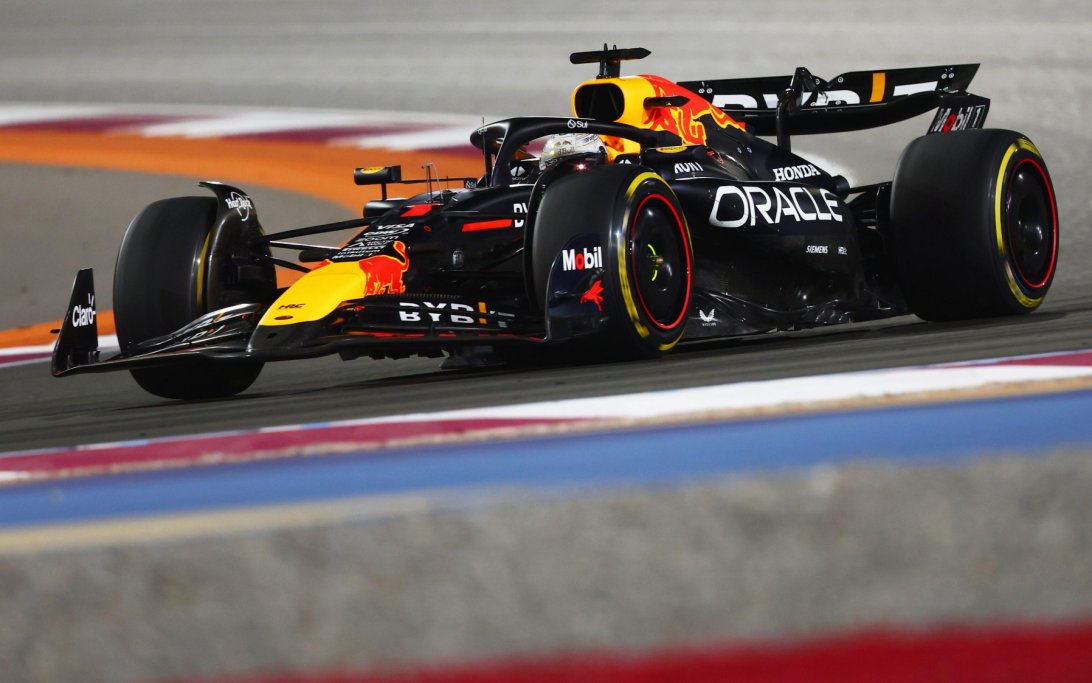
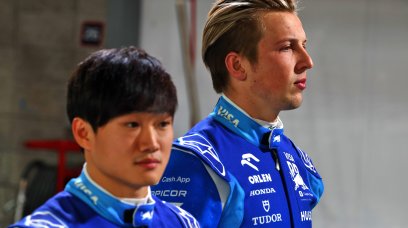
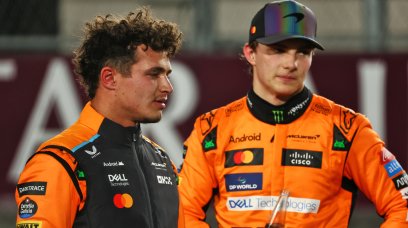



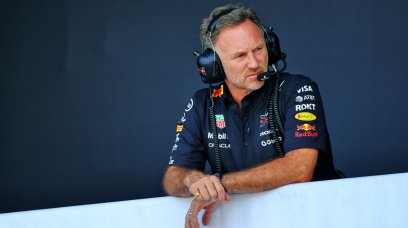


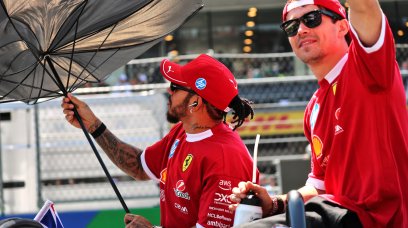
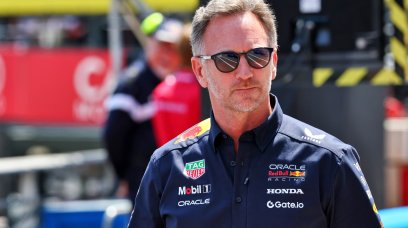
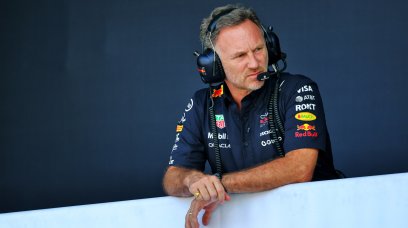
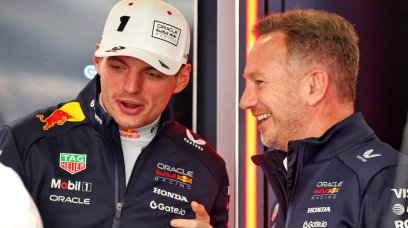
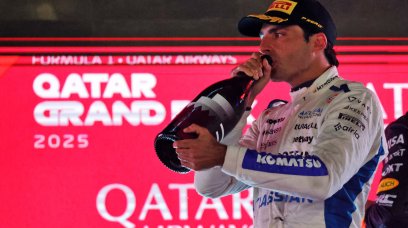

Join the conversation!